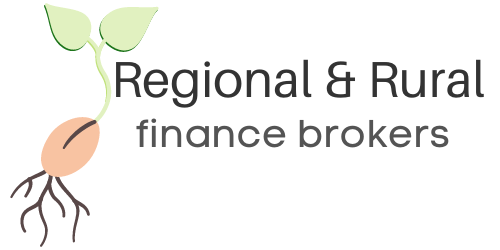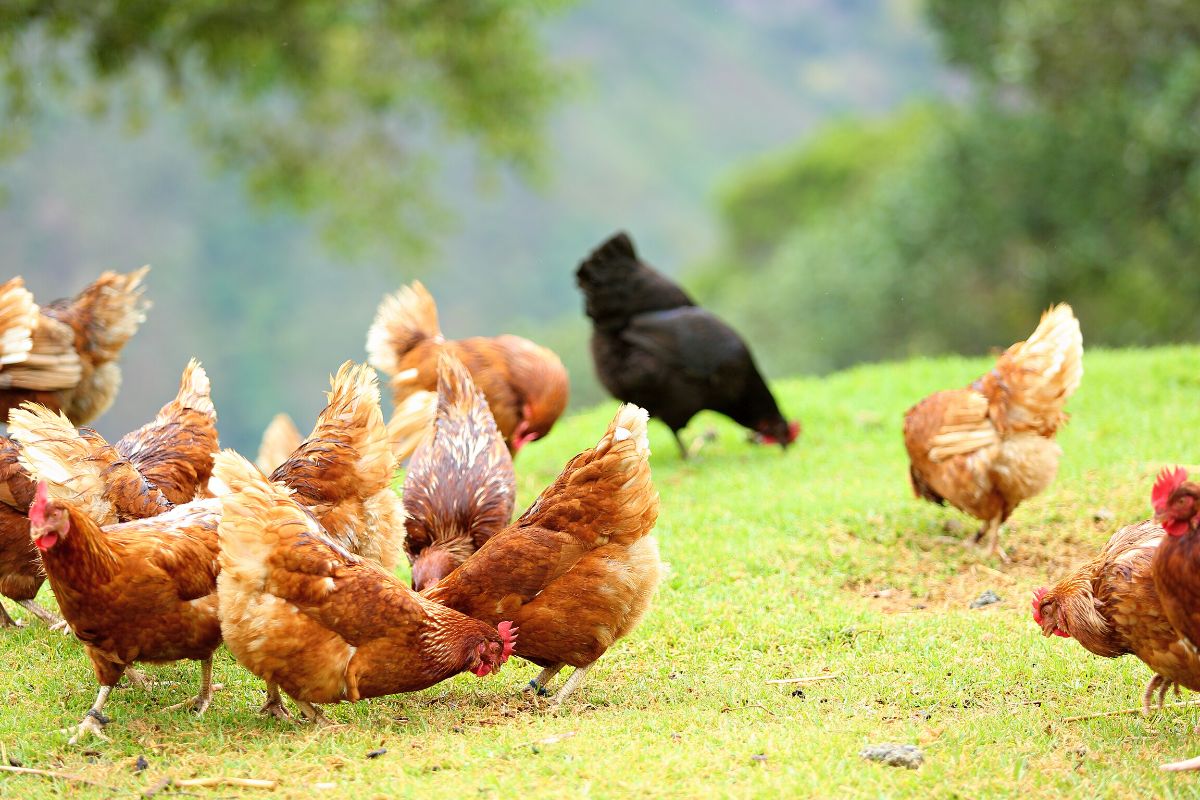What Is a Hobby Farm in Australia? What are the pros and cons?
If you’ve always wanted to own a small farm but don’t have the time or money to do so, then a hobby farm might be just the thing for you!
A hobby farm is essentially a small-scale agricultural system that can produce enough food and other useful items to provide for your family’s needs.
Hobby farms are becoming increasingly popular in Australia as more people realise the benefits of living off – even if partially – the land.
According to the Australian Government Rural Industries Research and Development Corporation, it’s estimated that there are over 60,000 hobby farms in Australia.
Defining a Hobby Farm
In Australia, hobby farms are small-scale farms – generally, they occupy an area of 50 acres or less.
Hobby farming is done more for pleasure than business. Although some hobby farmers will transition to a revenue-generating or cost-recovery model, their hobby farms are not the main source of income for the farmer and their families.
Hobby farms usually attract individuals and families who love to work with farm animals and grow their own fruit, vegetable and other plants.
People with hobby farms usually have other “day” jobs and other focuses and do not dedicate all their time to farming like full-time farmers.
Transition to Hobby Farm
A lot of hobby farmers don’t just wake up one day and decide to buy a hobby farm. In a lot of cases, most people will transition from growing veggies and keeping chooks in a small block urban dwelling to the realisation that their produce and aspirations have outgrown their current space.
Individuals who are hobby farmers do not fall into the typical farmer category.
They can be anyone, from people who love animals and gardening to younger working professionals who want to take up a new challenge with a passion for nature and the outdoors. As long as you have the passion, anyone can be a hobby farmer.
Hobby farmers can focus on various types of farming, from taking care of chickens for eggs and growing different types of vegetables for organic and homely meals or selling crops to their local community. Hobby farming allows people to follow their passion for the land and reap some benefits that it may provide.
The Benefits of Hobby Farming
Hobby farming allows you to build on your love for the outdoors. While it may not provide a good income, it has many other benefits.
Farm-Fresh Food
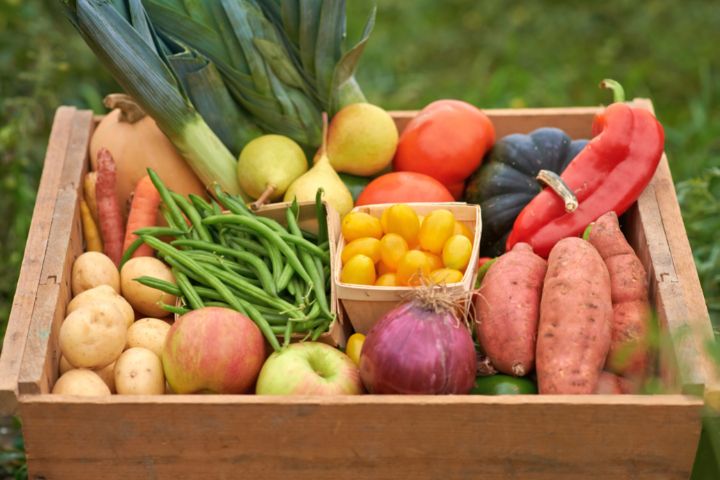
This is one of the best benefits of having a hobby farm. You can enjoy fresh produce and animal products, which saves you money buying groceries. Additionally, organic farm food is healthier and tastes better than store-bought goods. Eating and preparing the foods that you grew and harvested also gives you a sense of satisfaction.
Spend Your Time Productively
Starting a hobby farm breaks the monotony for individuals who are retired or for those who are looking for something more. Taking care of a farm will definitely keep you busy. Imagine laying the soil and seeds, watering and maintaining your crops, and harvesting; what a treat!
Promotes Healthy Eating
Farming your own produce allows you to eat healthier and include more veggies and fruits in your daily life. Since you are growing the produce yourself, the whole process is free from pesticides and other harmful chemicals.
Save Money
While hobby farms can be quite an investment to start with, both in terms of buying land and making that land ready for agricultural activities. Being able to rely on your own produce can save you money once your farm becomes fruitful.
While certain fruits and veggies are not that expensive, keeping an organic lifestyle can be costly in the long run. Planting and taking care of your own produce allows you to stick to your health goals without breaking the bank!
You can also sell what you don’t consume.
It Can Be Therapeutic
Research shows that caring for farm animals can be therapeutic for individuals who are anxious, depressed, or with other mental illnesses. The animal-human interaction improves self-esteem, which helps you feel better and relaxed. Other farming activities have also been linked to improving mood and reducing negative emotions.
The Drawbacks of Hobby Farms
While hobby farms are therapeutic and practical, they still have some drawbacks.
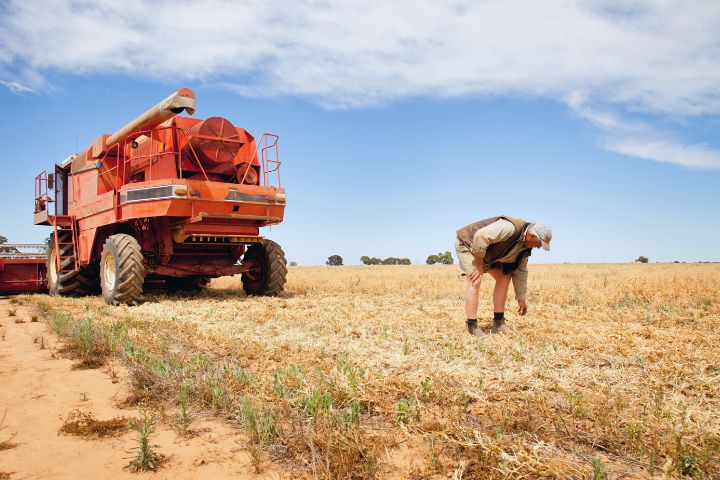
You have to consider these as it will help you think about how a hobby farm fits in your life:
- Taking care of a hobby farm is a lot of work. Hobby farms are very rewarding because of the hard work you put into them. However, it means you must work on the farm the entire year, even when they do not produce any yield. This may become discouraging, as you may not always see the rewards. You have to be prepared for this.
- Hobby farms are a big responsibility. If you are considering starting a hobby farm as a retirement plan or a side hustle, you must consider the responsibility you’re about to take on. You will not be able to travel quickly, as the farm has to be maintained all year round.
- Biosecurity risks. Biosecurity refers to the “protection of people, farms, animals and plants from the entry and spread of unwanted exotic animals, pests, diseases and weeds“. In other words, if you grow plants and keep animals – even on a small scale, you need to manage the risks related to biosecurity risks. The infection and the spread of unwanted diseases and pests pose a major risk for the agricultural sector in Australia and must be taken seriously.
Hobby farming has a lot of perks, but it comes with hard work and responsibility. You have to ensure that you’re ready for that.
Can I Get a Loan for My Hobby Farm?
Yes, it’s possible to get a loan to live out a rural life in your own comfort!

A rural mortgage broker can help you get rural finance with a suitable lender.
When it comes to hobby farm loans, one of the key components of the application process is to determine if the loan will fall into a residential or a commercial category.
Regional Rural Finance Brokers’ lead broker Katherine has experience with both residential and commercial hobby farms and will be able to provide applicants with all the required information.
What Do I Need to Start a Hobby Farm?
The land is the first thing you need when starting your hobby farm. The size of the land will depend on what your hobby farm contains, such as the number of crops and livestock.
Other things you need include:
- Food- Your animals would usually forage, so you have to ensure your pasture can give them enough food. Assume that they will consume 2% of their body weight every day.
- Water- You should have a pond or creek that is viable all year round. If this is not possible, you should have an automatic water system or stock tanks. Your animals have to stay hydrated, so knowing water needs ahead of time helps you prepare for emergencies as well.
- Shelter- Make sure to do proper research on livestock shelters, depending on the ones you’re raising.
- Proper soil- Your crops need high-quality soil with the perfect texture to ensure they grow well. You should conduct a soil test before purchasing land.
- Farm Equipment- This includes handling equipment, trailers, healthcare items, grooming suppliers, gardening tools and other items.
Before Starting a Hobby Farm…
Before going ahead with a hobby farm, you must be absolutely sure and prepared. You should set small goals and steps to accomplish these goals.
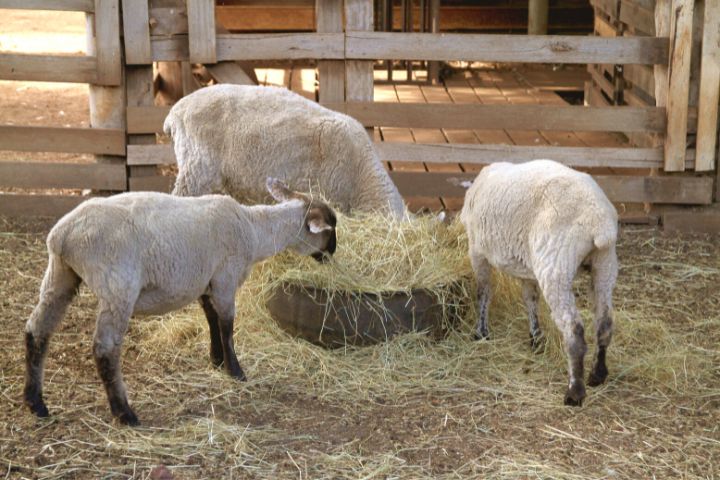
When deciding to start a hobby farm, ask yourself the following questions:
- What crops and/or animals would you like to have?
- How much land do you have?
- What kind of environment are you planning for your hobby farm?
- If you want to raise animals, what kind of care would they need, and what do you need to buy or build?
- How much money are you willing to invest in the farm?
- Do you have enough time to take care of your farm? What are your other time commitments?
These questions are important considerations when planning and setting out your hobby farm. They will also help you decide what you want out of your farm. In many cases, you will not make a strong profit (since it’s your hobby!), so don’t put yourself in debt. This is especially important if you opt for rural finance.
When starting your hobby farm, tackle one thing at a time so you slowly get into the groove. This way, you can find what you like the most and what doesn’t tickle your fancy!
It’s easy to test the waters with different animals and crops in a small quantity than going all out. For example, raising chickens can be hard, so you might want to stick to watering and taking care of your crops.
During the process of finding your feet, you have to be flexible. If you decide to change your mind while hobby farming, that’s okay! If you feel overwhelmed, take a breath and re-evaluate. Remember to focus on your passion for agriculture and the resources you have.
Another thing to remember when becoming a farmer and looking at things that work for you, be patient! Hobby farming is not a competition and goes at your pace, no one else’s.
Frequently Asked Questions
In Australia, what size farm is considered a hobby farm?
A hobby farm must be 50 acres or smaller in order to be considered a hobby farm according to the law. Anything more than that is considered a small farm.
What are small farm animals?
Sheep, rabbits, goats, pigs, poultry, and ponies are animals that can be kept on a small farm. These animals do not need much feed, water, and pasture compared to cattle and horses but will still provide eggs and other products.
Do hobby farms make money?
You may be able to make some money by selling to local vendors or farmers’ markets; however, hobby farmers are not money makers as they are too small. It’s more about passion and the labour of love.
